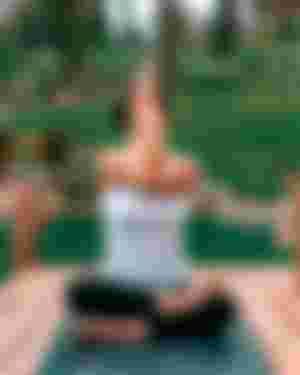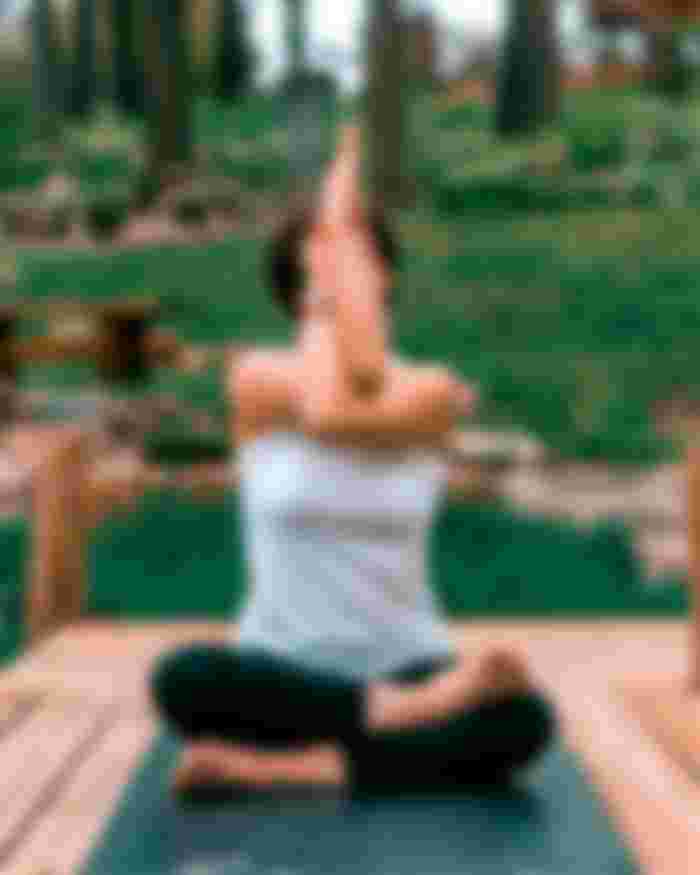Yoga is one of asia's wonderful gifts to mankind. One of its valuable qualities is that it builds up a store of physical health through the practice of a system of exercises called asanas which keep the body cleansed and fit. Yoga believes that exercise is essential for speedy removal of toxins and for keeping blood circulation and all internal processes functioning smoothly.
Ilaving dealt with the physical side of life, yoga turns to the mental. Here different breathing
exercises or techniques quieten the mind and brain.
YOGA - A BRIEF OVERVIEW

Yoga has been practised in asia for over two millenia.
Stories and legends from ancient times all testify to
the existence of yoga, and to the practitioners and
divinities associated with it.
Indian literature is a storehouse of knowledge about
yoga covering every conceivable level. Roughly in
chronological order are the Vedas (books of scriptural
knowledge), the Upanisads• (philosophical
speculations), and their commentaries; then the
Puranas (ancient cosmologies), and the two epics, the
Ramayana and the Mahabharata. The Mahabharata
contains within itself that masterpiece of ancient
scripture, the Bhagavad Cita. "Toward the end of the
Vedic period comes the aphoristic literature, with the
"Yoga Aphorisms" of Patanjali of especial interest to
yoga students. 'Ihere are, besides, whole bodies of
works both ancient (pre-Christian) and more modern
dealing with various aspects of yoga and yoga
philosophy, testifying to the continued relevance of
yoga as a discipline.
Yoga is considered to be a philosophy, a science and
an art. It has eight clearly defined aspects and, in its
purest form, is a complete system capable of
answering all human needs. However, it has always
been, and still is, used as a basis for other activities
and disciplines. Today, for example physiotherapy
and exercise classes often adapt movements from yoga
postures.
Different schools of yoga through the ages have stressed different aspects, but all branches have a common ideological basis, of seeking the betterment of individual yoga practitioners, and, in a broader context, of humanity.
The word yoga comes from the Sanskrit root 'Yuj" meaning to join or yoke, implying the integration (or joining) of every aspect of a human being from the innermost to the external. Another frequently used definition of yoga is that of union of the individual spirit with the universal, since that is its highest aim. As a philosophy, yoga is unusual in that it insists that the practice of postures — apparently physical exercises — and breathing techniques is essential in
order to lead a worthy and satisfying life. A whole doctrine attaches to the postural and breathing aspects of yoga. The parallel classical Western concept of "mens sana in corpore sano" — a healthy body in a healthy mind — has always been recognized and is finding increasing emphasis today.

Yoga exercises refresh our mind, brain, body, everything, regular yoga exercises improve health a lot, but I have never been able to do yoga with so much attention.